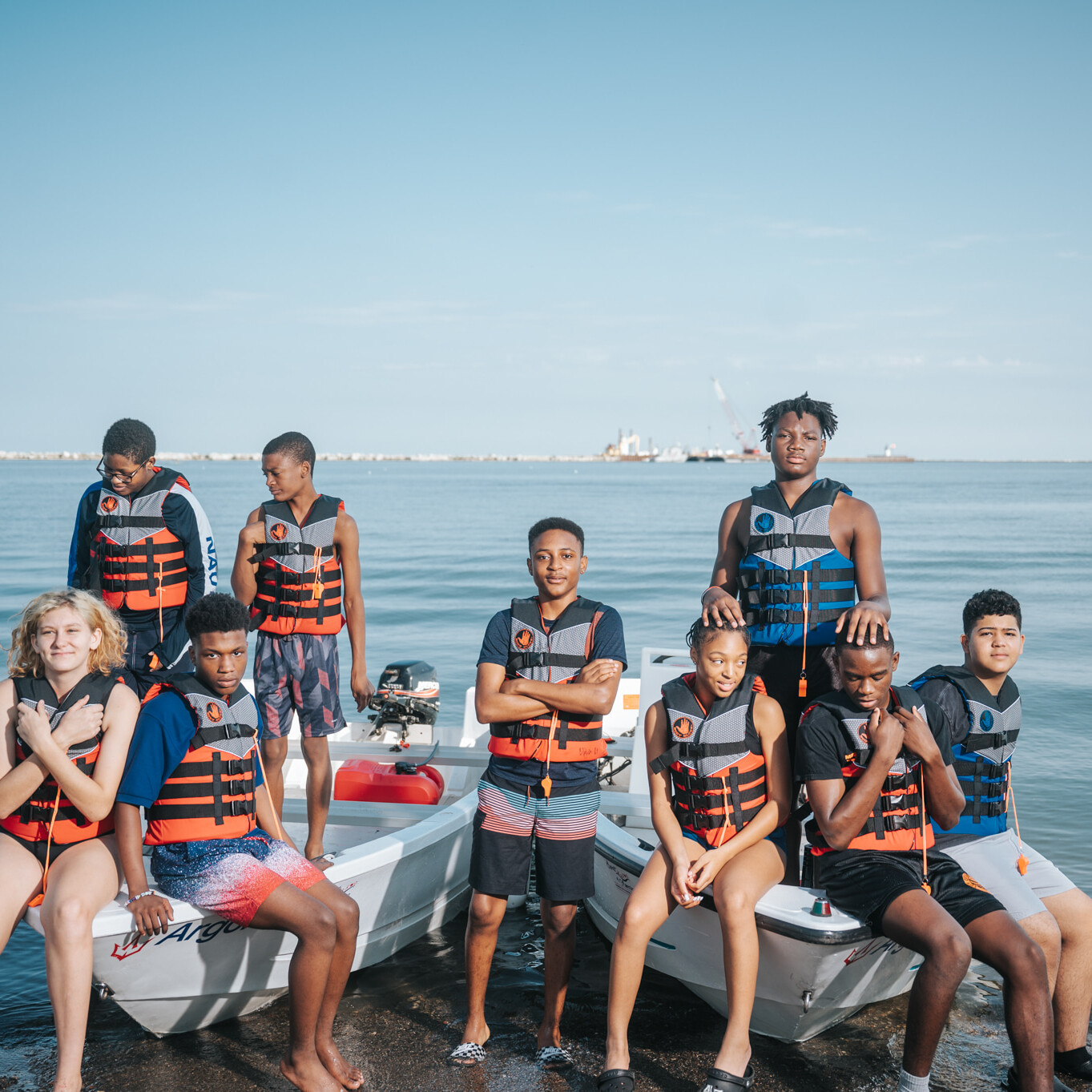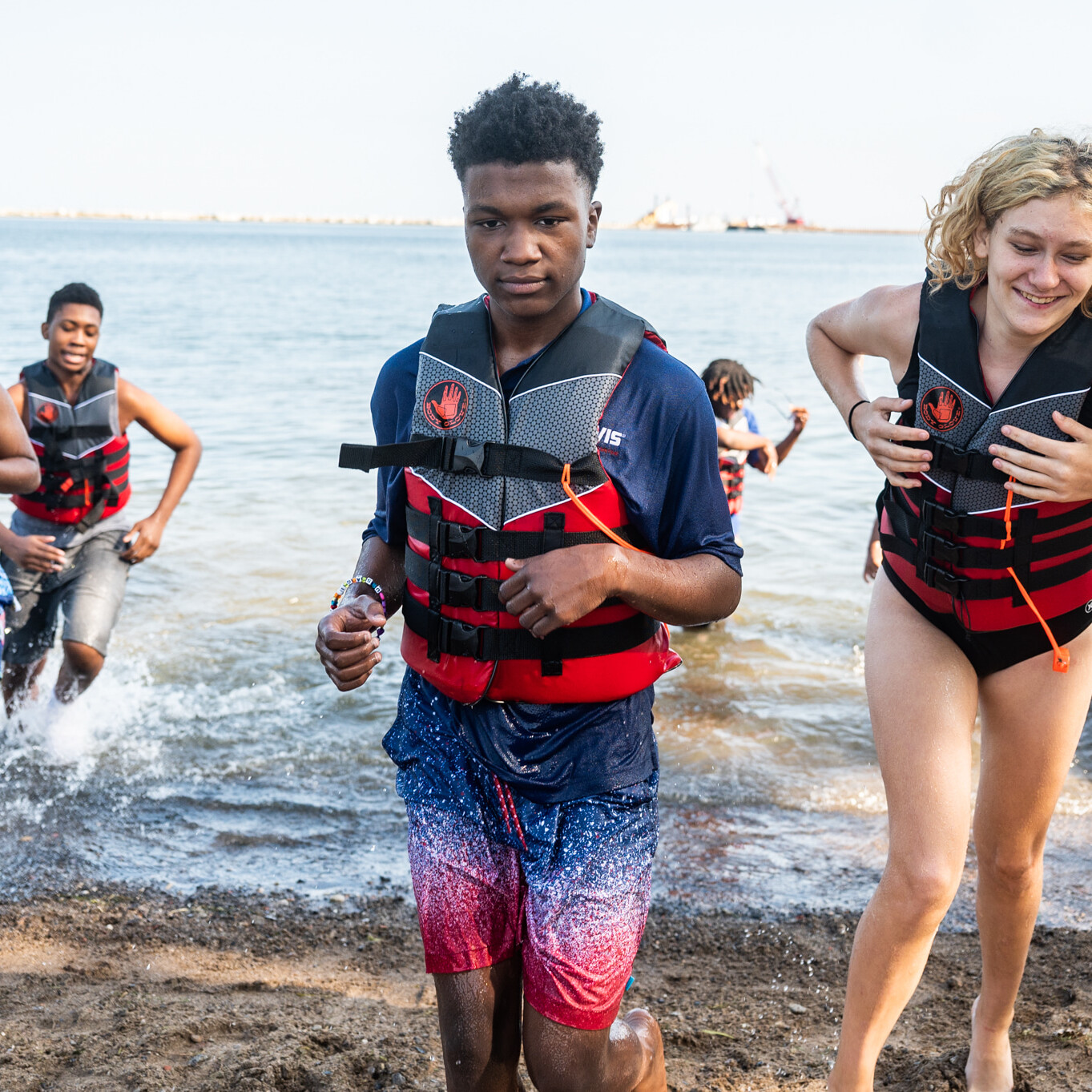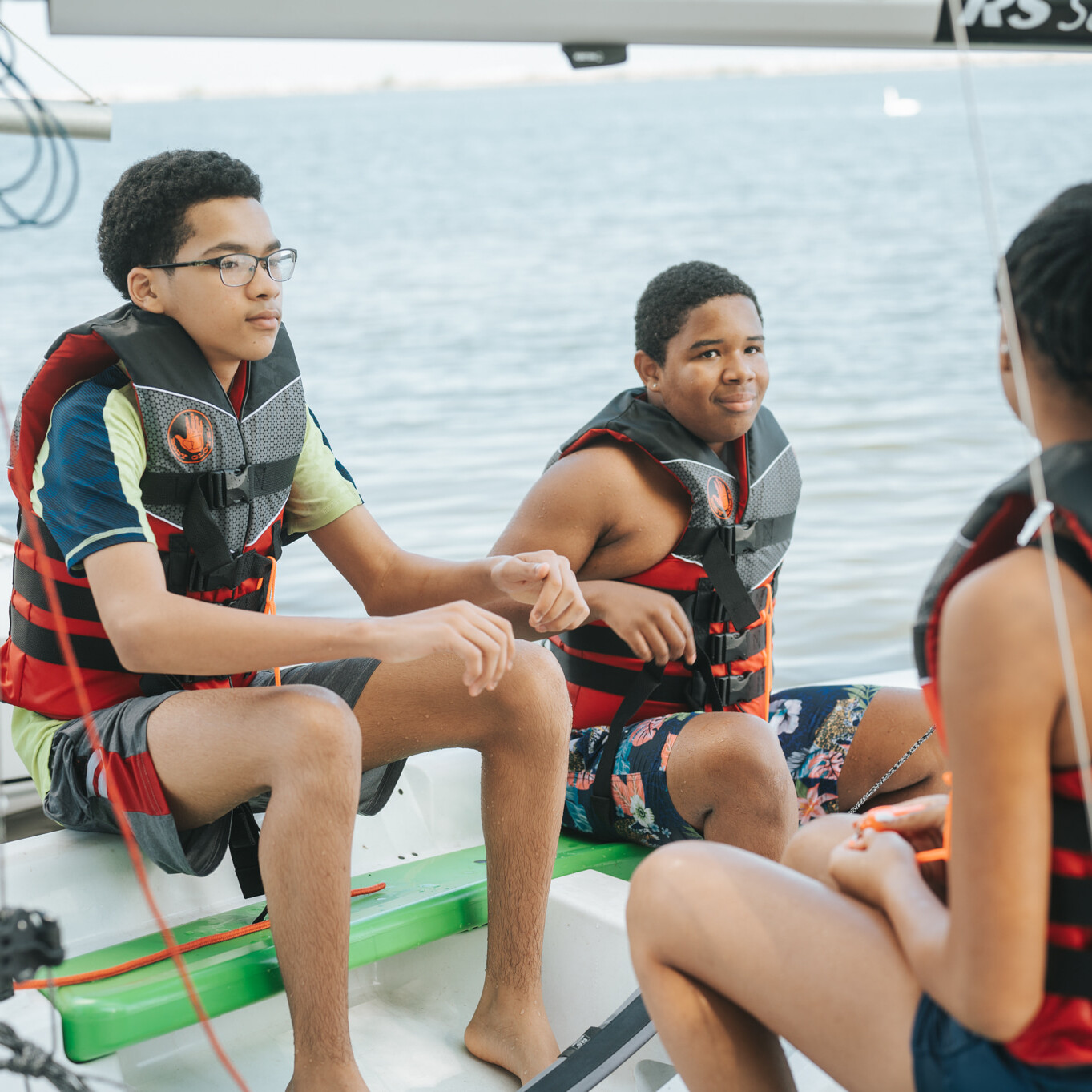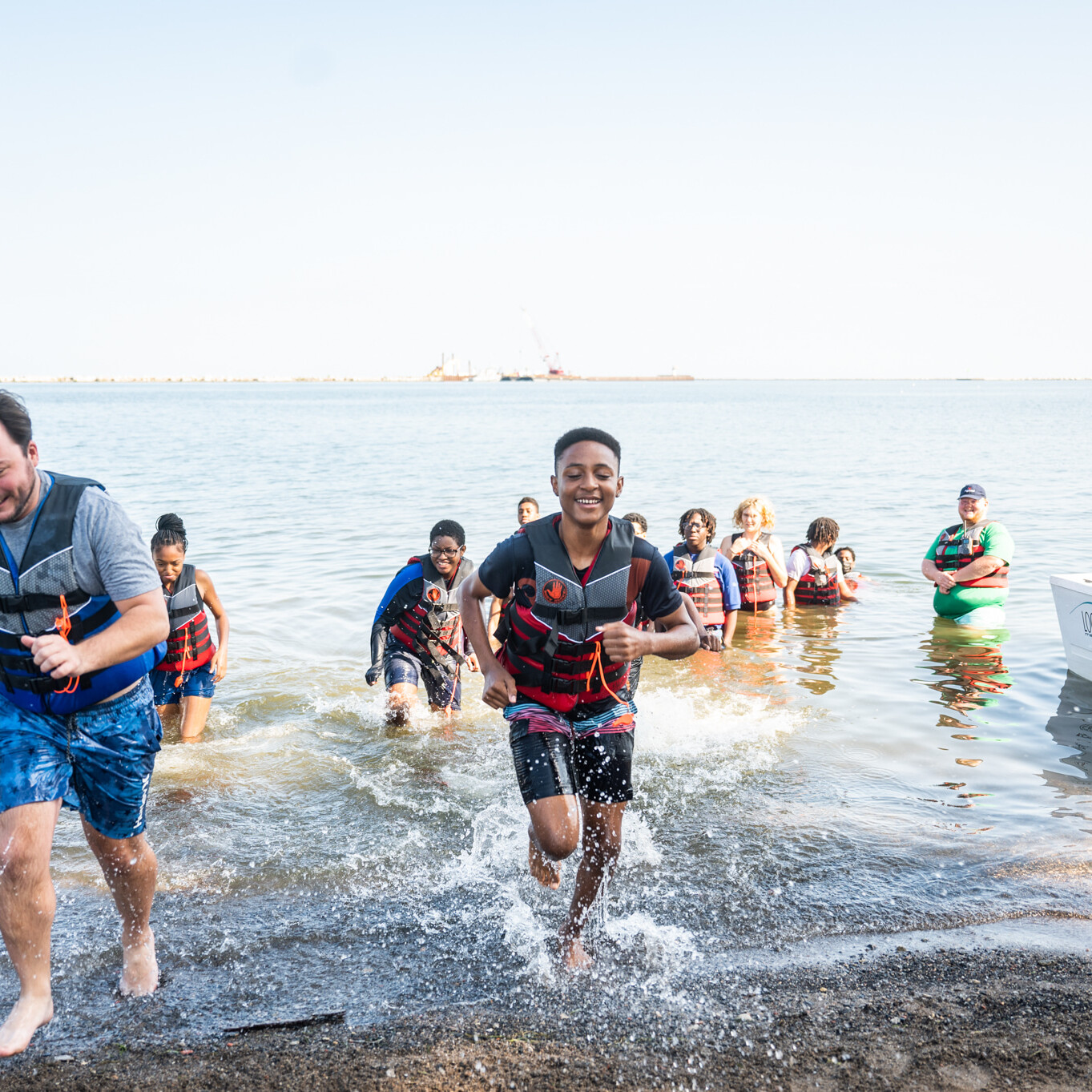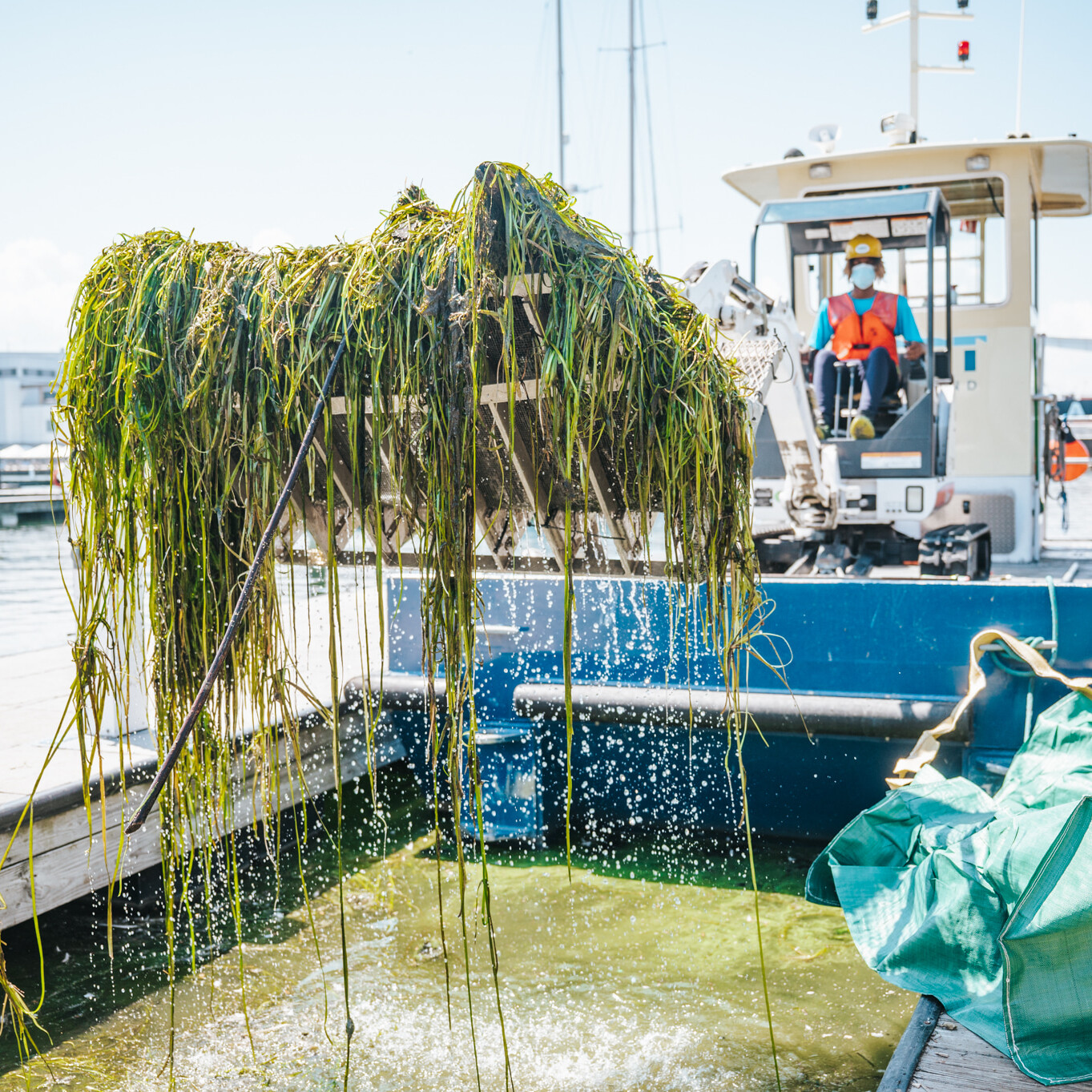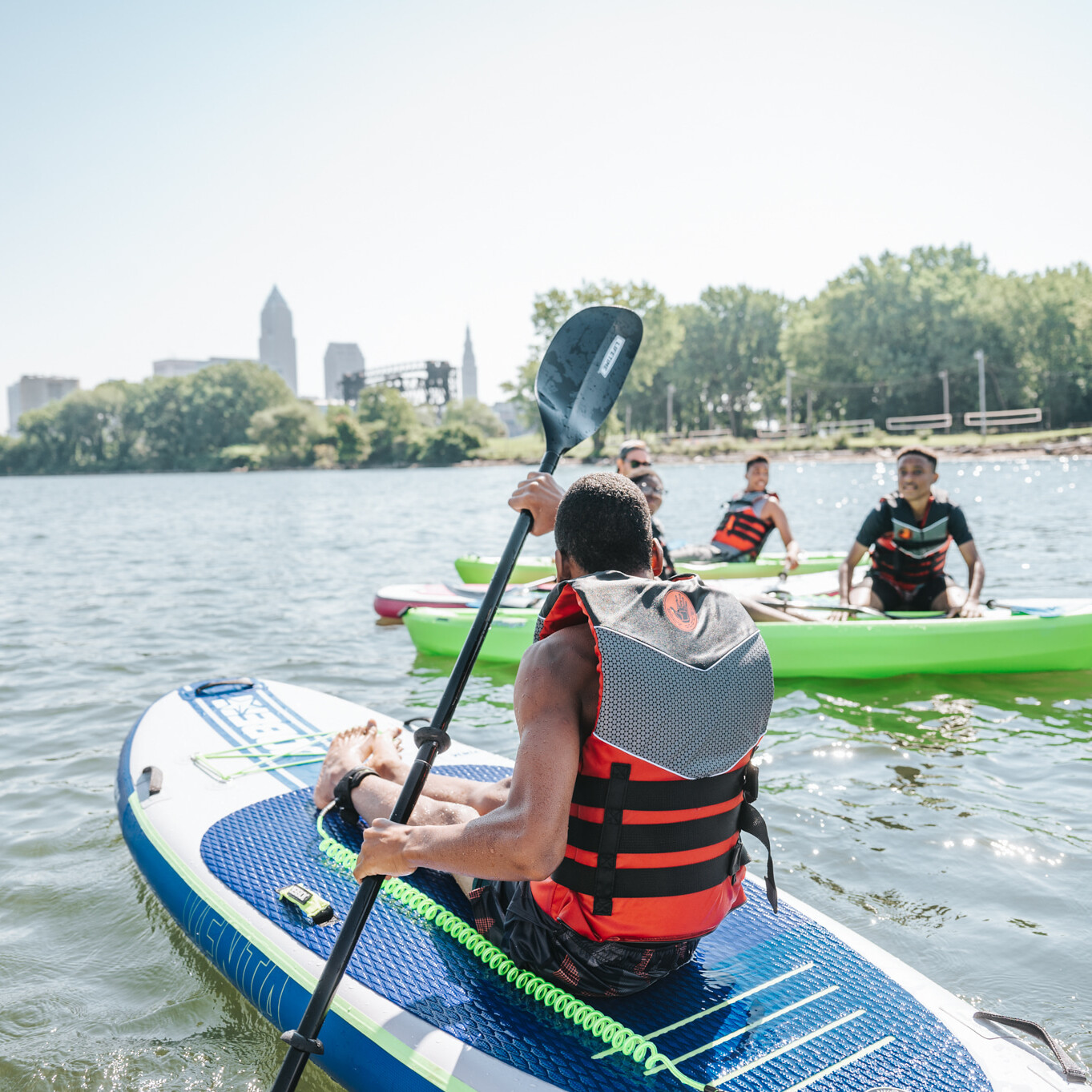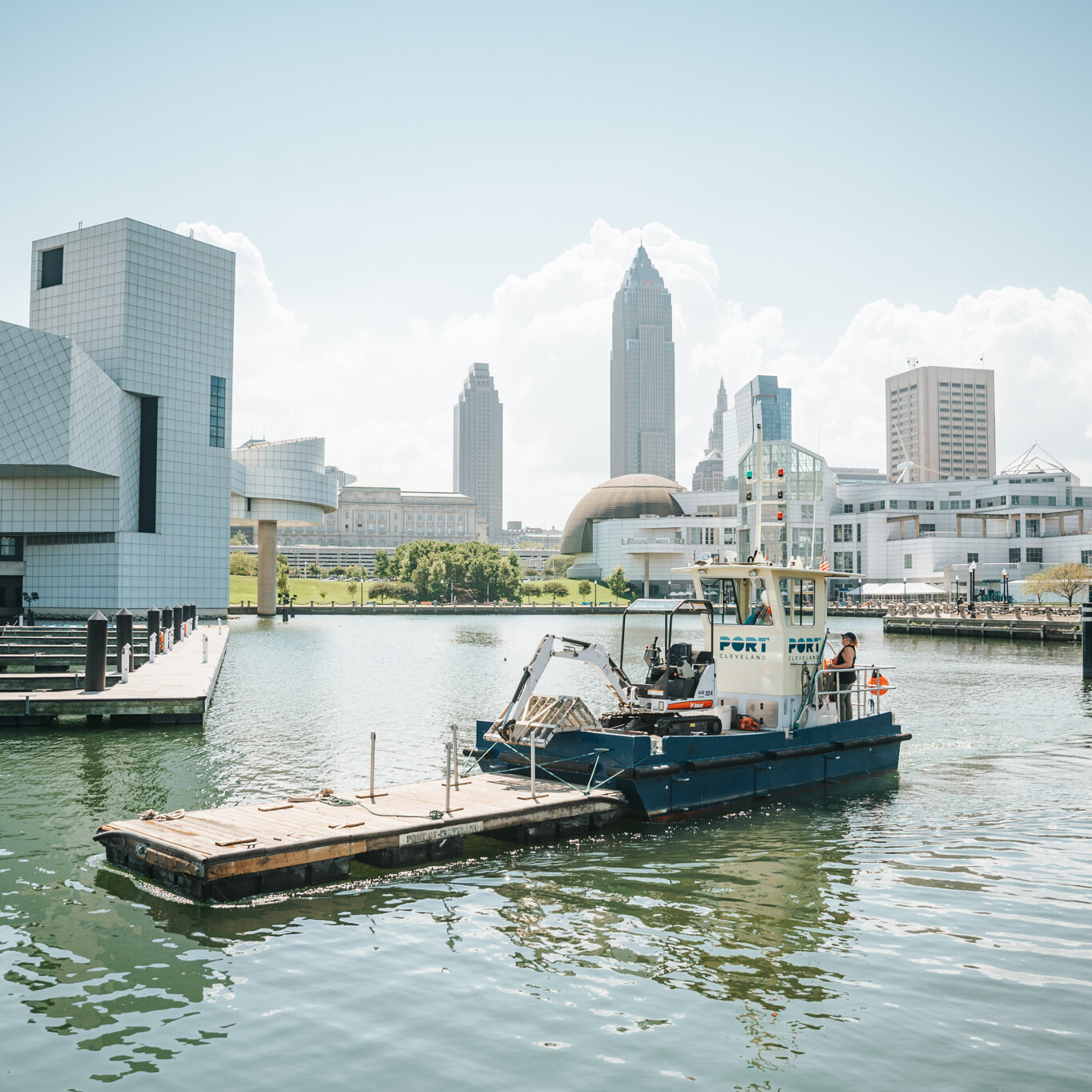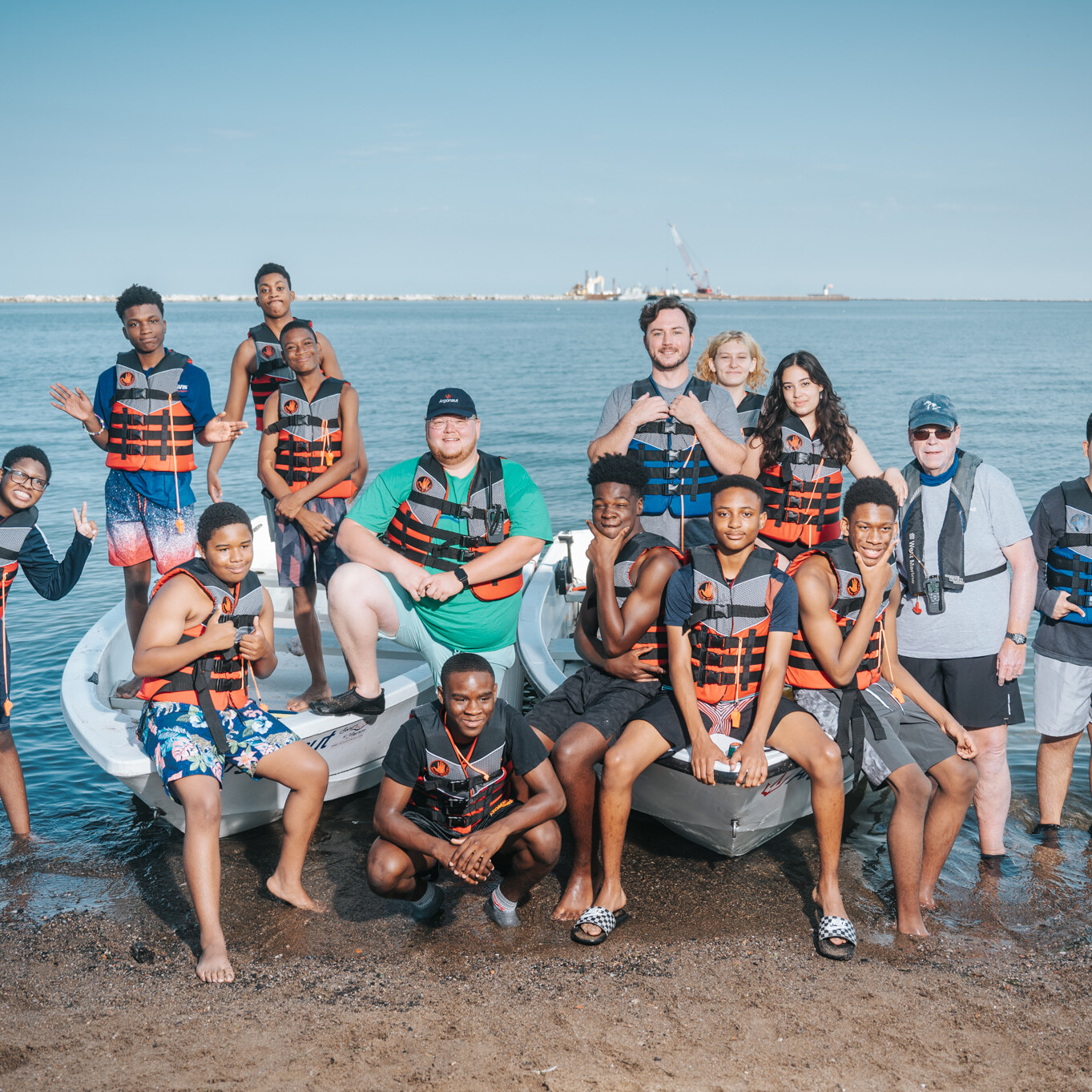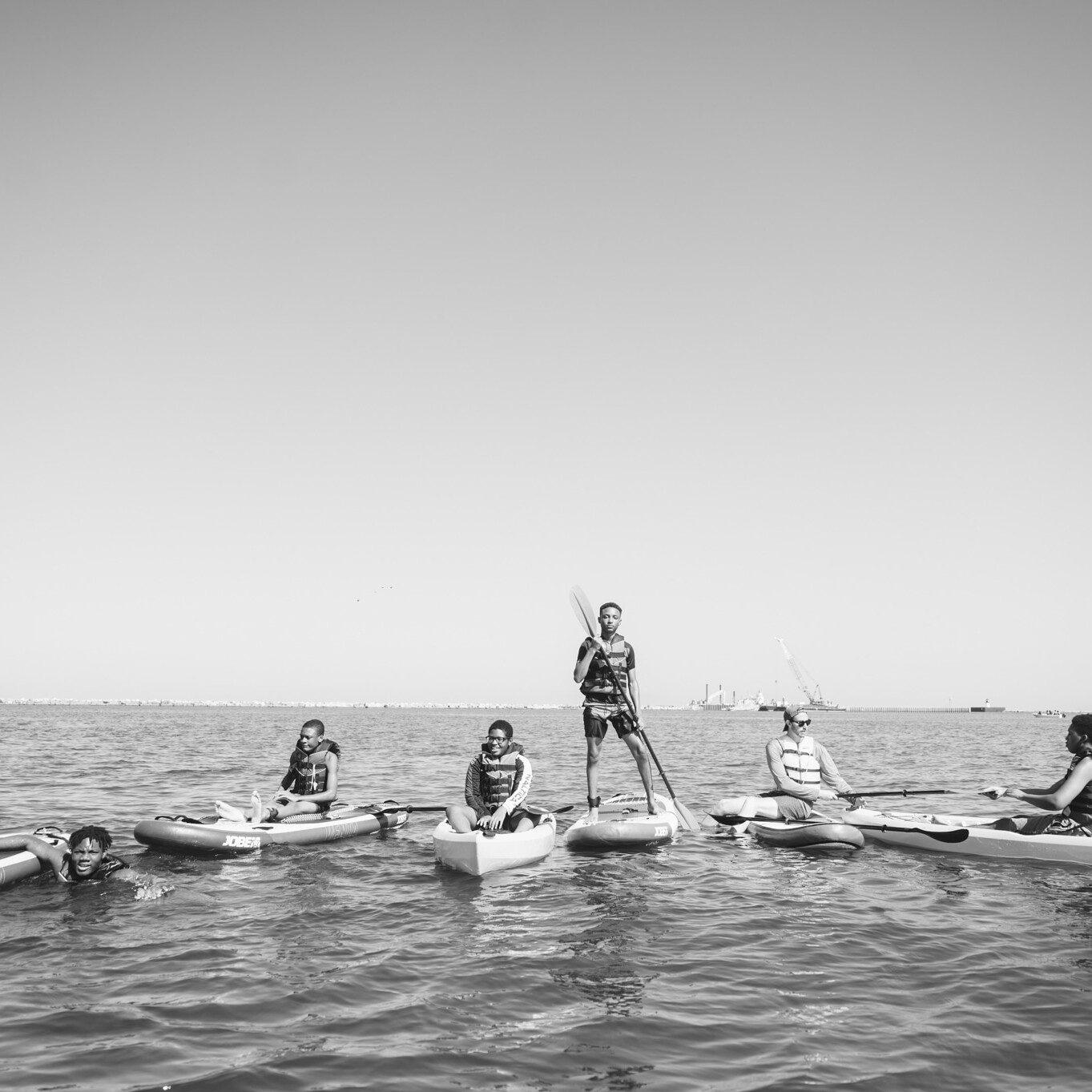The Need for Argonaut in Maritime
“To meet the future demand for seafarers it is vital that the industry actively promotes careers at sea and enhances maritime education and training worldwide, with a focus on the diverse skills needed for a greener and more digitally connected industry.”
– Guy Platten, Secretary General of the International Chamber of Shipping
The world’s 1.89 million seafarers operate more than 74,000 merchant ships, providing transportation for roughly 90% of global trade. It is an essential job, but often a lonely and dangerous one, that requires months at sea. Due to a number of situations that occurred during covid, including seafarers being stranded at sea for over a year; in the post-covid world, there has been an increasing shortage of seafarers, creating limitations and restrictions in global trade.
According to a report from the International Chamber of Shipping, the most recent August 2022 report from BIMCO and the International Chamber of Shipping warns that the industry must significantly increase training and recruitment levels if it is to avoid a serious shortage in the total supply of officers by 2026. The Report predicts that there will be a need for an additional 89,510 officers by 2026 to operate the world merchant fleet.
These shortages occur for several reasons, including a historical resistance to invest in inexperienced mariners over more seasoned, experienced mariners, failing to previously address the mental health and stressful work conditions of working in isolation at sea for months on time, and a lack of diversity in the field. While shippers and other leaders in the industry are beginning to address these issues, the great resignation of 2021, is further implicating an increasing demand to strengthen knowledge of career pathways in the field of maritime.
In response, Argonaut is partnering with the 9th District Great Lakes U.S. Coast Guard, the Port of Cleveland, and Lake Carrier Trades Association to increase exposure around the various career pathways available in the field of maritime and begin to train students to work on the water, while developing core skills that are essential to future seafarer careers.

